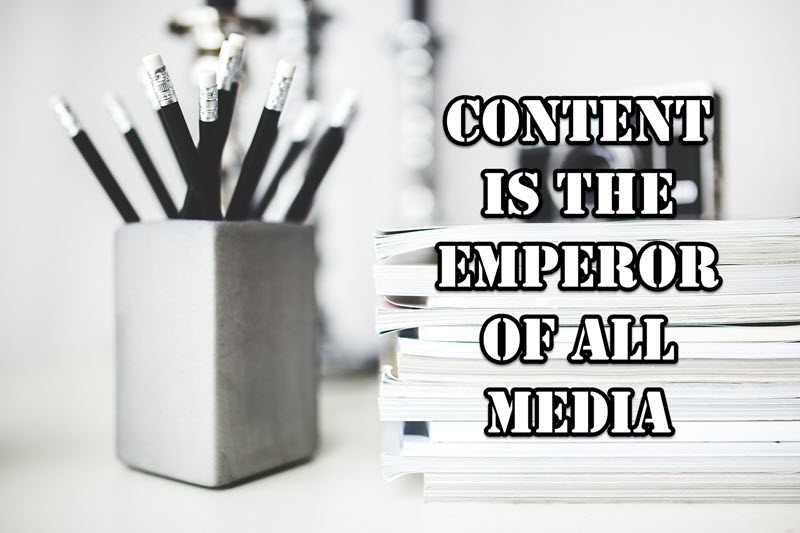Search engine optimization or SEO dictates how the website gets more traffic by ranking higher on search engines.
SEO is vital because a lot of content on one particular topic is available online. So, how will your webpage stand out in the crowd of already existing webpages on the Web?
That’s why you need to adopt and implement SEO best practices in your next SEO marketing campaign.
The primary aim of search engines is to deliver the best experience to those searching for an answer.
SEO helps your page rank higher and reach the people who are looking for valuable information.
That’s why Google, Bing, etc. follows specific guidelines to rank the best web pages with the most relevant information.
With the evolution of the internet and the SEO, optimization revolves around the quality of the content and the web page’s ability to distribute that content evenly.
Thus, the two core concepts of SEO include:
- Content
- Technical
Let’s understand these concepts in detail.
CONTENT

Content is a crucial part of any webpage. However, it’s equally important to decide the type and topic of content and its context.
Search engines work on the keywords and help display the most relevant information to the users.
A keyword can be a combination of words or a single word. When more than four words are concatenated together, they become a long-tail keyword.
SEO Best Practices for Content Optimization
It’s essential to focus on one particular topic to be more precise in the writeups. It helps readers as well as search engines to understand what you are writing about quickly.
Related: How to Write SEO Optimized Content for Your Website
When it comes to the content, the first thing that comes into mind is the ‘keyword research’.
Keyword Research
Understanding your audience and their queries are essential for effective keyword research. It will help you find the right topic and focusing on the same.
- Find questions related to your topic
Use social media sites such as Quora, Reddit, Facebook groups, etc. to understand what people are talking about and what’s trending on the Web.
- Find Best Keywords using Free/ Paid Keyword Tools
You can use Google’s Keyword Planner to find the potential keyword(s) that will help you frame an engaging content. It will help you determine the search volume against your selected keywords.
- Focus on Keywords You Can Easily Rank For
Absolutely right. Keywords with a large search volume are competitive and hard to rank for.
Long-tail Keywords are more searchable and more focused; so, it’s relatively easier to rank higher for these keywords.
To find out the search volume or the difficulty level for a particular keyword, you can use Ubersuggest.
While writing the content, ask if your writeup provides detailed information and adds value to the topic.
Related: What is SEO | Keywords | On-Page Optimization | SEO Website
TECHNICAL SEO

Technical SEO is the most challenging part of website optimization; however, it’s easier to handle this section through a little research.
Few aspects make it simple for the search engine to understand your page and boost it higher.
Technical SEO Best Practices 2023
Design & Usability
It’s undoubtedly the first and foremost part that describes your website’s success to some extent.
- Is your website mobile-friendly?
- Is your website’s navigation smooth and land your readers to the right place?
- Do your readers easily find the information they are looking for?
Mobile friendly, Responsive Design
With the introduction of mobile devices, over 50% of users are on smartphones, and this percentage will undoubtedly grow in the upcoming years.


